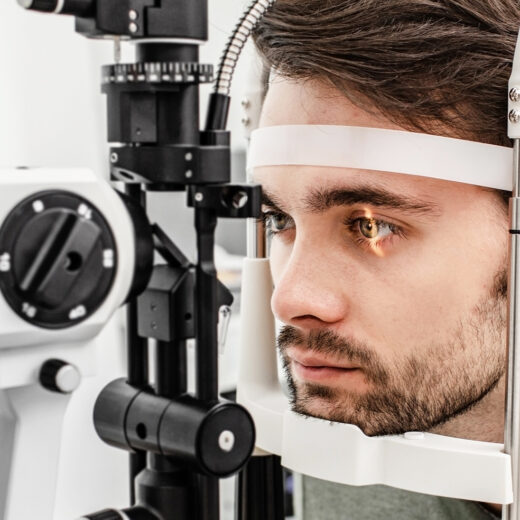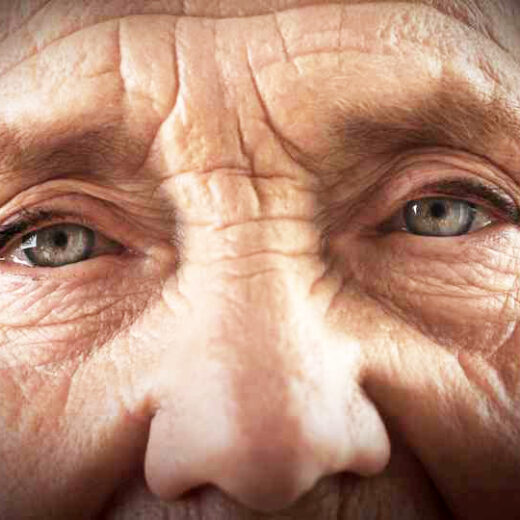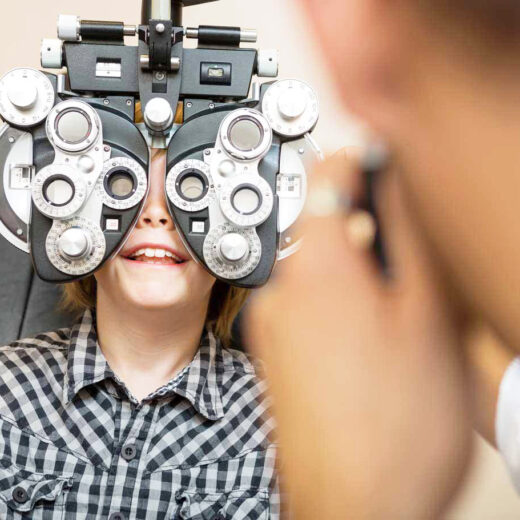The LVF Ophthalmology Research Centre was founded in 2013 by Brisbane eye doctor and Ophthalmologist, Chris Layton. The centre is located at an independent premises at the Translational Research Institute, the largest medical research institute in the Southern Hemisphere. It is one of Queensland’s fastest growing and most productive eye research centres.
 The Layton Vision Foundation (LVF) and LVF Research Centre is bringing hope to people affected by vision loss and blindness. It is estimated that over 13 million Australians have one or more chronic (long-term) eye conditions, with the major eye diseases causing visual impairment being age-related macular degeneration (AMD), cataract, glaucoma and diabetic retinopathy.
The Layton Vision Foundation (LVF) and LVF Research Centre is bringing hope to people affected by vision loss and blindness. It is estimated that over 13 million Australians have one or more chronic (long-term) eye conditions, with the major eye diseases causing visual impairment being age-related macular degeneration (AMD), cataract, glaucoma and diabetic retinopathy.
Gene Therapy Research and Treatment
The LVF research team have been studying AAV-mediated gene therapies for the treatment of eye diseases in the past years and developed promising candidates for age-related macular degeneration and intraocular inflammation. These diseases affect a high percentage of the world population and rank among the leading causes of blindness and visual loss worldwide.
Gene therapies offer the possibility of long-lasting treatment for challenging and untreatable diseases, including genetic and non-genetic ones. Adeno-associated viruses (AAV) are delivery vehicles widely used in gene therapies, given their ability to deliver genes efficiently and safely to a broad range of cells. In fact, the first AAV-mediated gene therapy was approved by the FDA in 2017 and by the TGA in 2020, which consisted of AAV carrying a healthy version of a gene to replace the non-functioning one causing a genetic retinal disease.
Eye diseases, particularly, can highly benefit from gene therapies with AAV. They enable long-term control of complex and sight-threatening conditions after a single injection, offering millions of patients the possibility of slowing down vision loss or even, in some cases, restoring their sight.





